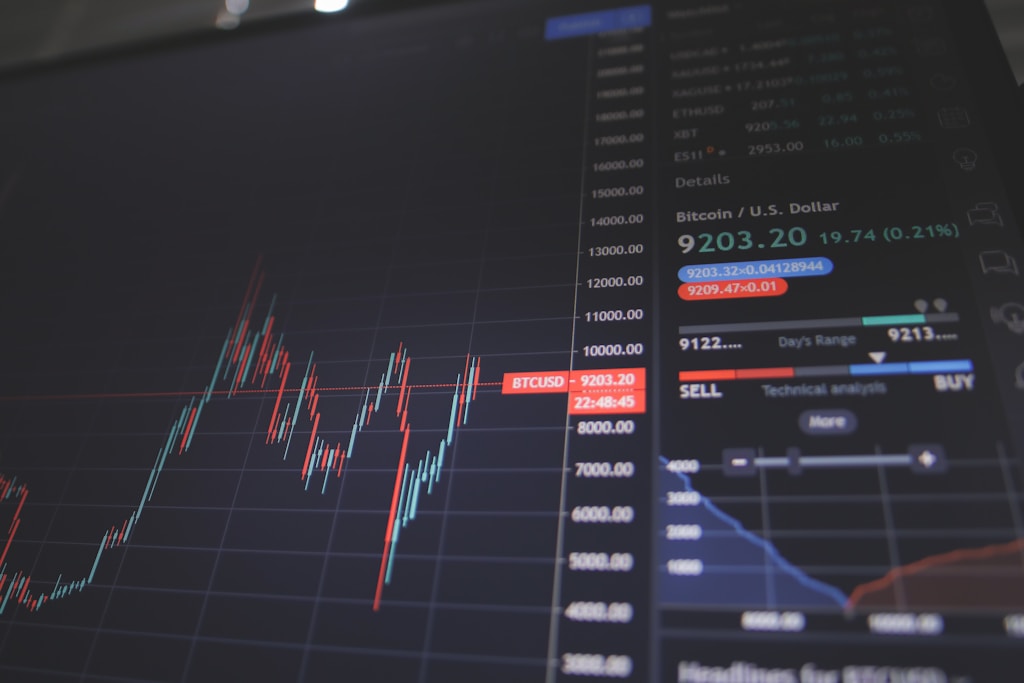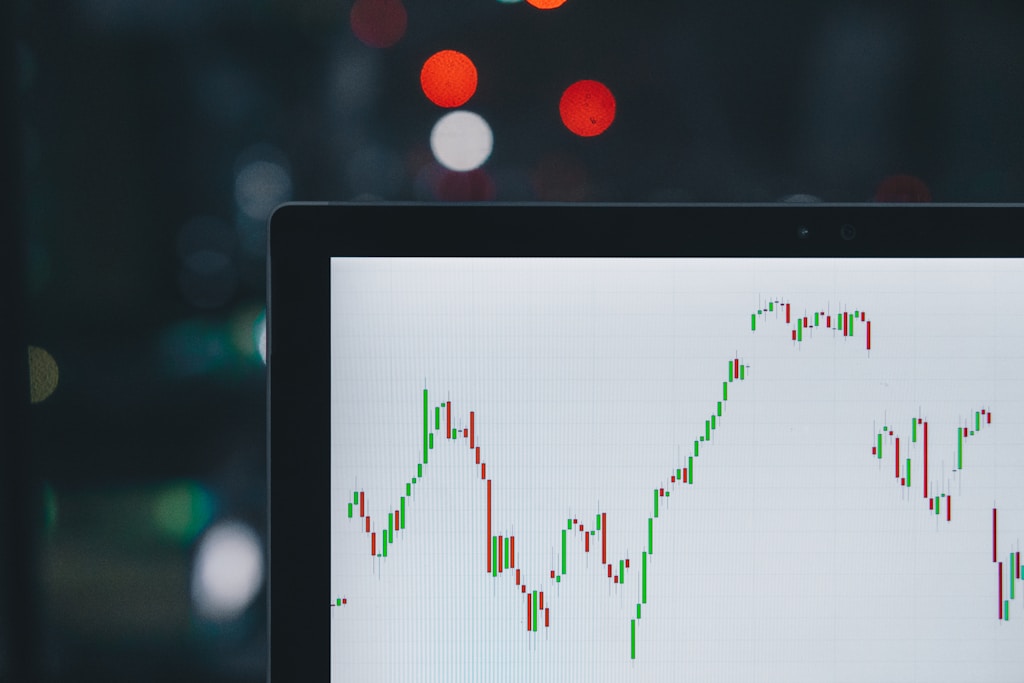Key Takeaways:
- Russia acknowledges US tariff threats as ‘serious’ but maintains BRICS isn’t aiming to replace USD
- BRICS pursuing financial modernization to counter global monetary monopolies
- Russian Deputy FM Ryabkov emphasizes focus on economic sovereignty
In a significant development for global financial markets, Russia has taken a firm stance on recent US threats regarding BRICS’ currency initiatives, while emphasizing that the bloc’s goal isn’t to replace the dollar but rather to modernize the international financial system. This comes as recent market turbulence caused by Trump’s tariff announcements has heightened tensions in the global economic landscape.
Russia’s Response to US Pressure
Russian Deputy Foreign Minister Sergey Ryabkov, who serves as Russia’s BRICS Sherpa, addressed mounting concerns about US commentary on the bloc’s financial initiatives. He characterized the US threats as ‘serious’ but maintained that BRICS’ objectives are focused on creating a more balanced global financial system rather than directly challenging dollar dominance.
BRICS Financial Modernization Strategy
The BRICS alliance, comprising Brazil, Russia, India, China, and South Africa, has been actively working on developing alternative financial mechanisms. These efforts include:
- Development of cross-border payment systems
- Implementation of local currency settlement mechanisms
- Creation of new financial infrastructure independent of SWIFT
SPONSORED
Trade with confidence during global market uncertainty
Market Implications
The ongoing tension between BRICS nations and US monetary policy has significant implications for global markets. As Bitcoin continues to serve as a hedge against traditional market uncertainty, investors are closely monitoring these developments for potential impact on cryptocurrency markets.
FAQ Section
Q: What is BRICS’ main goal in developing alternative financial systems?
A: BRICS aims to create a more balanced global financial system and reduce dependence on monopolistic structures, not necessarily replace the USD.
Q: How might this affect global crypto markets?
A: The development of alternative financial systems could increase demand for digital assets as hedging instruments.
Q: What are the immediate implications for international trade?
A: Short-term effects may include increased volatility in currency markets and accelerated adoption of alternative payment systems.






